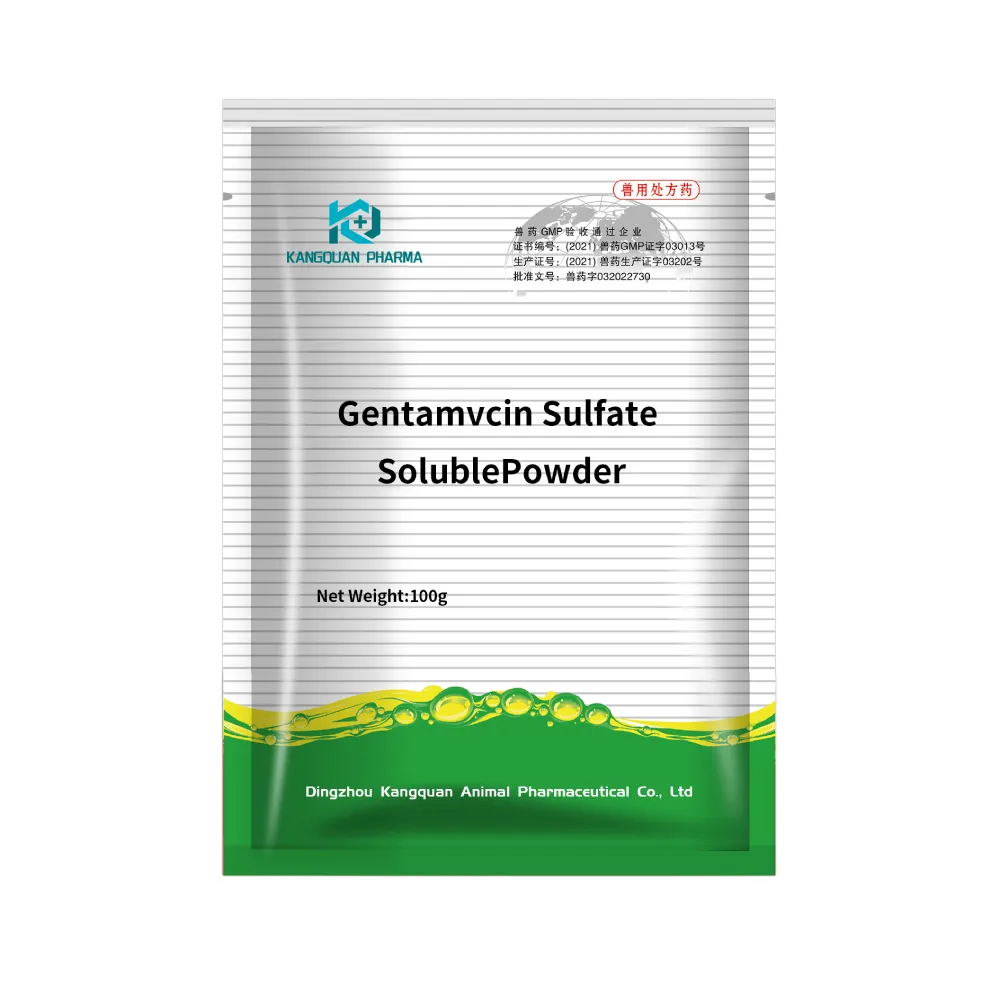- Afrikaans
- Albanian
- Amharic
- Arabic
- Armenian
- Azerbaijani
- Basque
- Belarusian
- Bengali
- Bosnian
- Bulgarian
- Catalan
- Cebuano
- Corsican
- Croatian
- Czech
- Danish
- Dutch
- English
- Esperanto
- Estonian
- Finnish
- French
- Frisian
- Galician
- Georgian
- German
- Greek
- Gujarati
- Haitian Creole
- hausa
- hawaiian
- Hebrew
- Hindi
- Miao
- Hungarian
- Icelandic
- igbo
- Indonesian
- irish
- Italian
- Japanese
- Javanese
- Kannada
- kazakh
- Khmer
- Rwandese
- Korean
- Kurdish
- Kyrgyz
- Lao
- Latin
- Latvian
- Lithuanian
- Luxembourgish
- Macedonian
- Malgashi
- Malay
- Malayalam
- Maltese
- Maori
- Marathi
- Mongolian
- Myanmar
- Nepali
- Norwegian
- Norwegian
- Occitan
- Pashto
- Persian
- Polish
- Portuguese
- Punjabi
- Romanian
- Russian
- Samoan
- Scottish Gaelic
- Serbian
- Sesotho
- Shona
- Sindhi
- Sinhala
- Slovak
- Slovenian
- Somali
- Spanish
- Sundanese
- Swahili
- Swedish
- Tagalog
- Tajik
- Tamil
- Tatar
- Telugu
- Thai
- Turkish
- Turkmen
- Ukrainian
- Urdu
- Uighur
- Uzbek
- Vietnamese
- Welsh
- Bantu
- Yiddish
- Yoruba
- Zulu
8 月 . 08, 2024 15:55 Back to list
Determining the Appropriate Dosage of Tylosin for Canine Health and Treatment Needs
Tylosin for Dogs Dosage and Considerations
Tylosin is a macrolide antibiotic that is primarily utilized in veterinary medicine to treat bacterial infections in animals, including dogs. It is effective against a broad spectrum of gram-positive bacteria and some gram-negative bacteria, making it a useful tool for veterinarians when dealing with various infections, particularly those related to the gastrointestinal system, skin, and respiratory tract. As with any medication, it is crucial for dog owners to understand the appropriate dosage and considerations when using tylosin.
Indications for Tylosin Use
Tylosin is commonly prescribed for dogs suffering from bacterial infections, such as chronic enteritis and colitis. It can also be beneficial in cases of respiratory infections caused by susceptible bacteria. The antibiotic works by inhibiting protein synthesis in bacteria, thereby halting their growth and allowing the dog’s immune system to combat the infection more effectively.
Dosage Guidelines
The appropriate dosage of tylosin for dogs can vary based on several factors, including the dog’s weight, age, overall health, and the severity of the infection. Generally, the typical dosage of tylosin for dogs is around 5 to 10 mg per kilogram of body weight, administered two to four times a day. It's important to follow the veterinarian's specific instructions regarding dosage, as they will tailor the treatment based on the individual needs of the animal.
For example, a dog weighing 10 kilograms may receive a dose of approximately 50 to 100 mg of tylosin per day, divided into several administrations. It is critical to maintain consistent intervals between doses to ensure the medication remains effective and maintains optimal blood levels in the dog's system.
how much tylosin for dogs

Administration Tips
Tylosin is usually available in tablet, powder, or injectable form. If you are using the powder, it can be easily mixed with food, which may help ensure your dog consumes the full dose. If your pet is on other medications, inform your veterinarian, as tylosin may interact with certain drugs. Always store tylosin in a cool, dry place, away from direct sunlight, and out of reach of pets and children.
Potential Side Effects
While tylosin is generally well-tolerated in dogs, some may experience side effects. Common side effects include gastrointestinal upset, such as vomiting or diarrhea. If your dog exhibits any severe reactions or continues to show signs of discomfort after starting the medication, contact your veterinarian immediately. They may suggest adjusting the dose or switching to an alternative medication.
Final Thoughts
Tylosin can be an effective treatment for various bacterial infections in dogs, but it is vital to use it under veterinary guidance. Proper diagnosis and individualized dosing ensure that your pet receives the most effective care. Always complete the full course of antibiotics as prescribed, even if your dog appears to have recovered, to prevent antibiotic resistance and ensure the infection is fully eradicated.
In conclusion, if your dog has been diagnosed with a bacterial infection and your veterinarian has recommended tylosin, understanding the appropriate dosage and potential side effects can help ensure the safety and effectiveness of the treatment. Regular communication with your veterinarian is key to monitoring your dog’s progress and making any necessary adjustments to their medication plan.
-
The Power of Radix Isatidis Extract for Your Health and Wellness
NewsOct.29,2024
-
Neomycin Sulfate Soluble Powder: A Versatile Solution for Pet Health
NewsOct.29,2024
-
Lincomycin Hydrochloride Soluble Powder – The Essential Solution
NewsOct.29,2024
-
Garamycin Gentamicin Sulfate for Effective Infection Control
NewsOct.29,2024
-
Doxycycline Hyclate Soluble Powder: Your Antibiotic Needs
NewsOct.29,2024
-
Tilmicosin Premix: The Ultimate Solution for Poultry Health
NewsOct.29,2024













